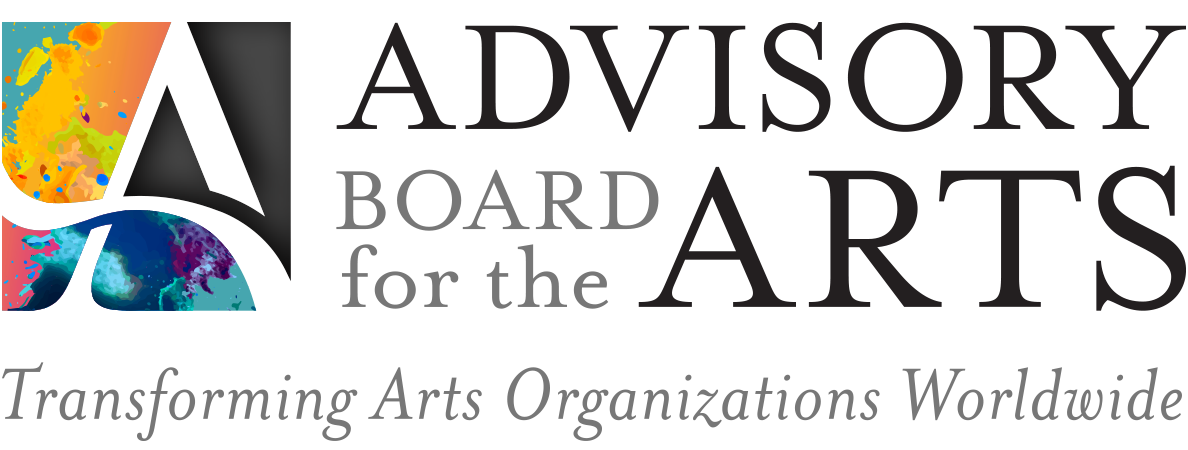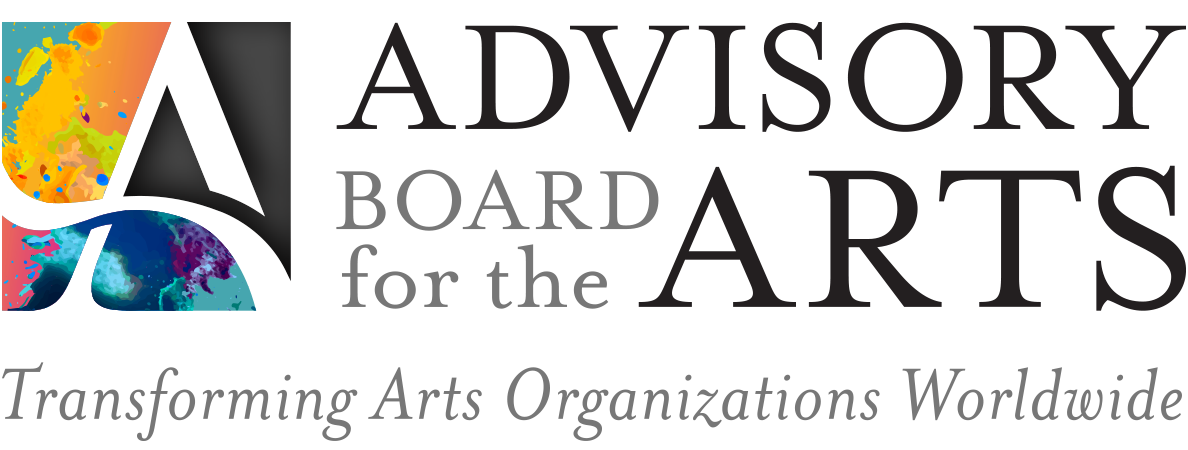Demystifying Arts Advocacy in the Time of COVID-19
Top-tier arts and culture organizations have attracted the support of local, regional, and national governments for years, if not decades, by cultivating strong relationships with public leaders. Nonetheless, these same organizations found themselves feeling largely overlooked as governments across the world doled out preliminary COVID-19 relief funding in the spring and summer of 2020.
With dozens of interest groups competing for limited grants and loans in a time of crisis, advocacy — and the associated skills of relationship-building, communicating urgency, and standing out from the crowd — have become more important than ever. Whether you were an effective advocate for years leading up to the current moment, or you’re entering the world of arts advocacy for the first time ever in a global pandemic, this article is for you.
WHAT IS ARTS ADVOCACY?
Advocacy is defined broadly as expressing a viewpoint in favor of a cause or policy. Arts advocacy can therefore include a wide range of activities, from speaking up on social media about access to classical dance forms to informing a legislator about the value of a potential new exhibit at your museum.
…TALKING TO A LEGISLATOR? ISN’T THAT LOBBYING?
Nope! Lobbying differs from advocacy in that it aims to influence legislators on a specific piece of legislation, with a request to support or oppose that legislation. In other words, lobbying is a narrowly defined type of advocacy.
Substantial policy changes often result from a combination of both advocacy and lobbying.
HAS ARTS ADVOCACY BEEN SUCCESSFUL IN THE PAST?
Yes, even — and especially — during the current crisis.
Government Announces Additional €25m for Arts Sector
In Ireland, the National Campaign for the Arts secured an additional €25m for the nation’s arts sector in June, after launching a 13-point plan that included demands for public funding for arts and culture, a full Minister for Culture, and a dedicated capital scheme for arts venues.
In the U.S., performing arts venues banded together to form the Independent Venue Coalition. Thanks to the coalition’s work, tens of millions of dollars in additional funding went to 78 music venues and many more artists and freelancers in Oregon. The coalition also attracted the attention of Oregon’s federal senators and representatives, garnering their signatures for the S.O.S. (Save Our Stages) Act and RESTART Act, and raised a substantial amount for the National Independent Venue Association’s Emergency Relief Fund.
In Canada, after 65 prominent institutions drafted a petition for increased public support for the arts, the federal government announced it would set aside C$500M to help alleviate the financial pressures on the most affected organizations. In the words of prime minister Justin Trudeau, “We need our artists to continue to make us dream, particularly in dark times.”
HOW SHOULD MY ORGANIZATION BE INVOLVED IN ADVOCACY?
Depending on where you are in the world — and the relationships your organization already has and can leverage — the answer will look different. The point is, there’s an answer.
If you don’t already have connections to leaders in your local, regional, or national government, you can form those relationships by making every arts event an advocacy event. Invite legislators to your events, whether in-person or virtual, and remember that programs demonstrating a grassroots constituency get the most attention. Short handwritten letters faxed directly to your legislator’s office are the most effective.
Independent Venue Coalition - Willamette Week
It’s your board members’ responsibility to educate legislators about public spending in the arts and the impact of the arts in your community; the National Assembly of State Arts Agencies writes that “advocacy belongs in the job description of every board member of every arts organization.” Inviting a legislator to attend a board meeting can be an important first step toward long-term conversation.
As always, there’s power in numbers, and mobilizing regionally with other arts organizations can be one of the most effective ways to bring attention to your cause. Together with your colleagues, develop an economic impact statement that shows how the arts are critical to the economic viability of your city, county, state, or even country.
Other ways to build a strong relationship with your legislators include:
Following them on social media and interacting there
Sending them student art or student letters describing the experience/impact of art-making in the classroom
Involving them in events (e.g., asking them to give an introductory speech for your Zoom presentation)
Sending them birthday wishes or holiday cards
Sending them letters of thanks when local/state arts grants are awarded
Attending their public meetings or fundraisers
WHO ARE MY LEGISLATORS?
In Europe: For organizations in the U.K., find your MPs and Members of the Lords here; find your local council members here. In Spain, lobbying is not highly regulated, and you can identify senators here and deputies here. Transparency International Ireland has compiled Responsible Lobbying Guides for Ireland and Europe at large.
In Canada: Find the Office of the Commissioner of Lobbying’s official website here, and find your representatives using this tool.
In the U.S.: Start with the council members for your district at the city, county, and state level. There are a number of handy tools to help you identify your federal officials. Note that speaking with your mayor, governor, or other administrative agencies does not fall under lobbying because those officials are separate from the legislature. You can find contact details for your city mayor here and for your state governor here.




